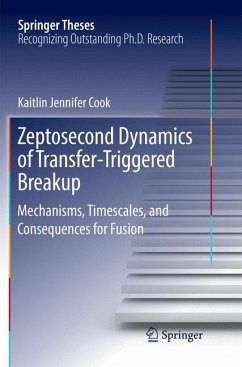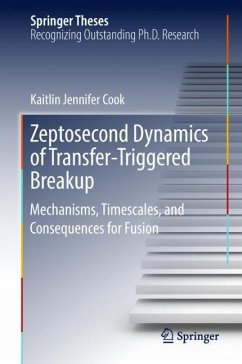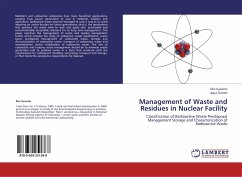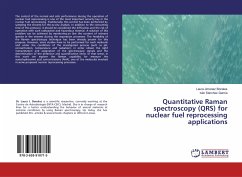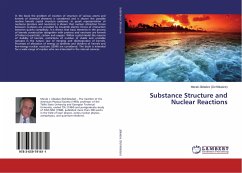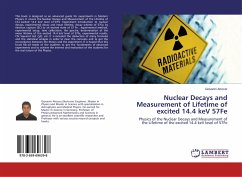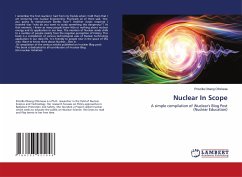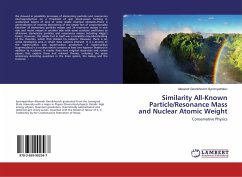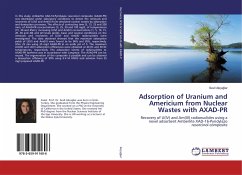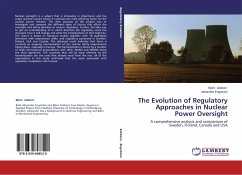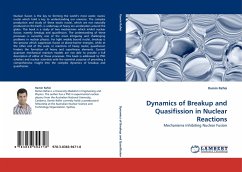
Dynamics of Breakup and Quasifission in Nuclear Reactions
Mechanisms Inhibiting Nuclear Fusion
Versandkostenfrei!
Versandfertig in 6-10 Tagen
52,99 €
inkl. MwSt.

PAYBACK Punkte
26 °P sammeln!
Nuclear fusion is the key to forming the world's most exotic nuclei, nuclei which hold a key to understanding our universe. The complex production and study of these exotic nuclei, which are not naturally produced on the Earth, is underway at heavy ion accelerators around the globe. This book is a study of two mechanisms which inhibit nuclear fusion, namely breakup and quasifission. The understanding of these processes is currently one of the most intriguing and challenging problems in nuclear physics. For light weakly bound nuclei, breakup is the process which suppresses fusion at above-barri...
Nuclear fusion is the key to forming the world's most exotic nuclei, nuclei which hold a key to understanding our universe. The complex production and study of these exotic nuclei, which are not naturally produced on the Earth, is underway at heavy ion accelerators around the globe. This book is a study of two mechanisms which inhibit nuclear fusion, namely breakup and quasifission. The understanding of these processes is currently one of the most intriguing and challenging problems in nuclear physics. For light weakly bound nuclei, breakup is the process which suppresses fusion at above-barrier energies, while at the other end of the scale, in reactions of heavy nuclei, quasifission hinders the formation of heavy and superheavy elements. Current quantum mechanical reaction models are not able to provide a full description of either of these processes. This book is addressed to PhD scholars and nuclear scientists with the essential purpose of providing a comprehensive insight into the complex dynamics of breakup and quasifission.



